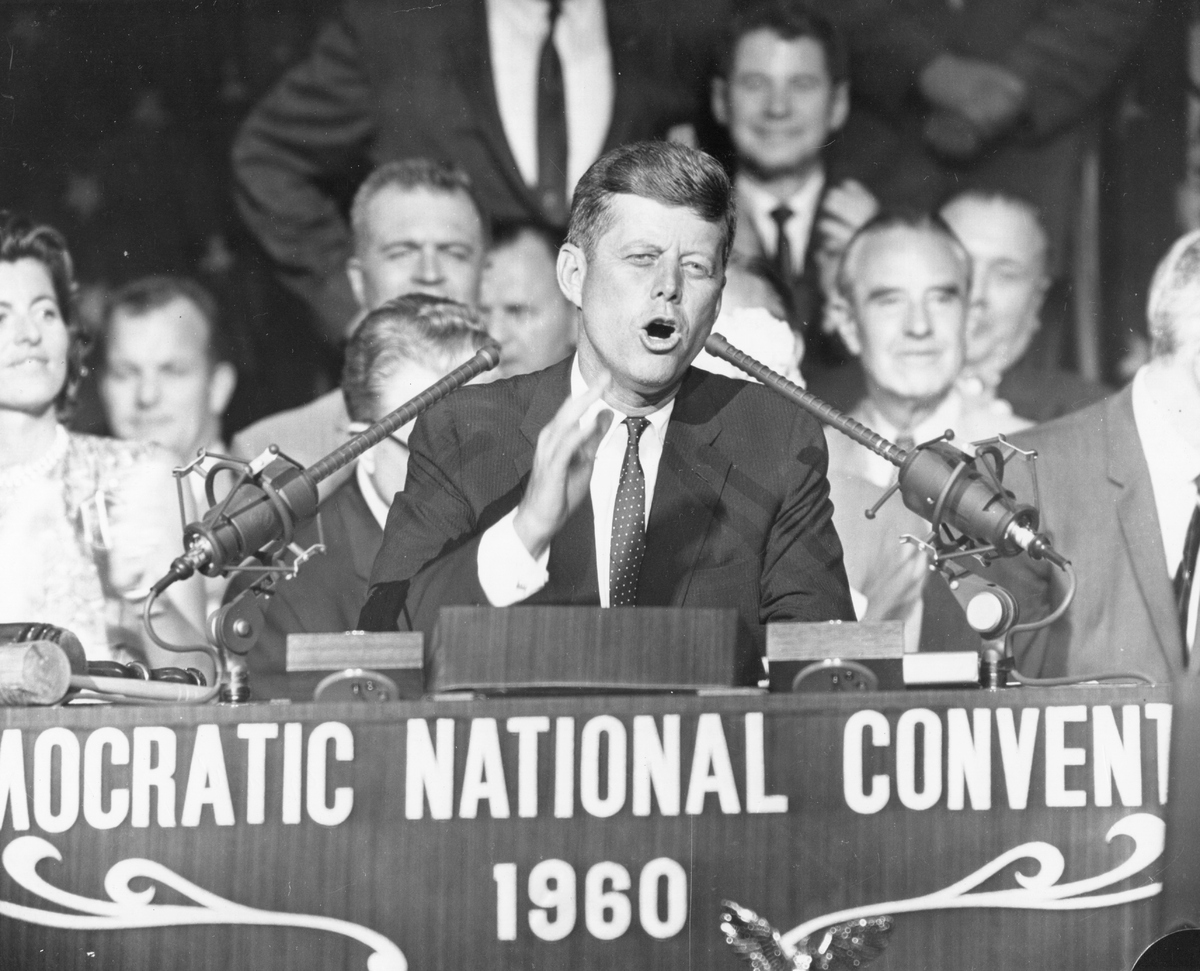Congressional Probe Had Concluded JFK and MLK Killings Likely Conspiracies, Slammed FBI and CIA Failures
The House Select Committee on Assassinations (HSCA) had concluded on December 31, 1978 that both President John F. Kennedy and Dr. Martin Luther King Jr. were likely killed as a result of conspiracies, not lone gunmen—a direct rebuke to the conclusions of the Warren Commission and earlier federal investigations.
 |
| Image Source: Today in History |
According to the committee’s final report, newly declassified, scientific evidence strongly suggested a second gunman fired at President Kennedy.
While Lee Harvey Oswald was confirmed to have fired three shots—two of which struck Kennedy—the acoustical evidence indicates a "high probability" of at least one additional shooter, leading the committee to conclude a “probable conspiracy,” even though it could not identify all conspirators.
On the King assassination, the committee confirmed that James Earl Ray was the triggerman but added that circumstantial evidence supports the “likelihood” that Ray did not act alone.
The committee found Ray's alibi—his story of a mysterious handler named "Raoul"—to be not credible, yet left open the possibility of a broader conspiracy behind the scenes.
The report also delivers a scathing indictment of federal agencies. The FBI was found to have conducted only a superficial investigation into conspiracy angles in both assassinations.
More damning, the Bureau’s COINTELPRO campaign against Dr. King was described as a “gross abuse of legal authority,” creating an environment that may have encouraged violence. Meanwhile, the CIA and Secret Service were cited for major intelligence-sharing failures that could have compromised national security.
The HSCA’s findings dismantle decades of official narratives and underscore a chilling message: the truth may have been deliberately neglected, if not buried.
Congress has since been urged to consider sweeping legislation—proposals included criminal codification of assassination laws, new oversight on intelligence agencies, and stronger protections against abuses of power.
This marks one of the most explosive re-evaluations of 20th-century American history, placing accountability not just on individual assassins but also on the institutions that failed to stop them—and potentially, failed to tell the truth.
